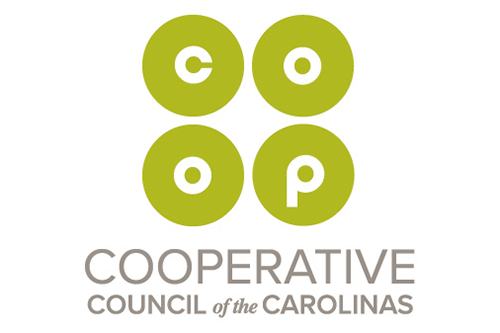The Australian government is planning to modernize laws to create a better business environment for cooperatives and mutuals.
Scott Morrison, the country’s federal treasurer, made the announcement. “As treasurer, I want to see more competition and more options for customers, especially in banking and financial services, by putting customers at the center.
“Mutuals, co-ops and member-owned firms—including customer-owned banks—can deliver on these outcomes. These organizations are all about the customer because they are owned by them.”
In March, he commissioned industry adviser Greg Hammond to review the sector, which found that mutuals, co-ops and member-owned firms are an essential part the economy and could be making an even more significant contribution.
“The Hammond Review recommends legislative changes to improve Commonwealth regulated cooperative and mutual enterprises’ access to capital and also recommends inserting a definition of ‘mutual company’ (or other appropriate terms) into the Corporations Act 2001 to deliver greater certainty for mutuals,” Morrison said. “Additionally, changes to the income tax legislation have been recommended in order to assist mutual enterprises to raise capital. Further consultation will be undertaken with the sector on the detail and implementation of the amendments recommended.”
Morrison added that “cooperatives, mutuals and member-owned firms make a significant contribution to GDP in Australia. They represent a real alternative model for delivering important customer and community focused services—especially banking and financial services. Until now our mutuals and co-ops have been under-appreciated and ignored by our federal laws, placing them at a disadvantage to their much bigger competitors.”
The Business Council of Co-operatives and Mutuals (BCCM), said the changes in co-op law would unleash opportunities for new investments in Australian business, and it thanked the federal government for signaling its commitment to longterm prosperity, social responsibility and domestic ownership.
The new laws adopt all 11 of the recommendations made in the Hammond Review on regulatory or legislative changes to improve access to capital for cooperative and mutual enterprises (CMEs). Until these changes are approved, cooperatives and mutuals cannot raise capital by issuing securities without risking the loss of their mutual status.
Once they pass, member-owned businesses will be more able to make strategic investments while ensuring there is sufficient liquidity to meet any short-term obligations. “This is a game changer that will unshackle the sector and allow the flow of billions of dollars of previously untapped investment to flow to Australian-owned businesses,” said Melina Morrison, CEO of BCCM, which represents more than 2,000 co-ops and mutuals.
She said the reforms would also have implications across the nation’s economy: “Money invested in co-operatives stays in the communities where the members are and flows through to surrounding businesses.”
Behind the scenes, BCCM has been working with the UK-based Mutuo to help level the playing field for co-ops and mutuals.
Mutuo’s Peter Hunt said, “This is a huge day for cooperatives and mutuals across Australia. Throughout this project, we have sought to champion a better business environment for the sector and today’s announcement is a recognition of the critical impact of our sector on the wider Australian economy. The creation of new capital instruments has the potential to build a strong new asset class to shake up the investment environment and allow cooperatives and mutuals issuing them to invest, innovate, grow and compete.”
The proposed new capital instruments are similar to those that have been developed for building societies and mutual insurers in the UK and form part of a global Mutuo campaign to give co-operative and mutual business more financing options and more significant opportunity to compete.
Dominic Dunn, acting CEO of the Customer Owned Banking Association, said “customer-owned banks, credit unions and building societies provide vital consumer choice and competition and these reforms will help us make an even bigger and better contribution.
“We particularly welcome measures to improve our sector’s capacity to raise capital. Greater capacity for customer-owned banking institutions to raise capital will increase their potential to grow, take opportunities and invest in technology.”
The news was also welcomed by RACQ, Queensland’s largest mutual, which recently launched a member-owned bank called RACQ Bank. CEO Ian Gillespie said “there is a powerful shift globally towards organizations that genuinely look to solve societal problems, benefit the economy and improve community well-being.
“However, for far too long CMEs have been hamstrung by outdated legislation failing to recognize their various corporate forms and business models and restricting access to raise much-needed capital.
“Since launching RACQ Bank we have been overwhelmed by the response as Queenslanders jump at an alternative to profit-driven financial institutions. This is proof of what can be achieved when mutual organizations have access to capital.”
Rob Goudswaard, chief executive of Australia’s largest credit union, CUA, said the changes would benefit members and increase the organization’s ability to compete. “Unlike listed companies, existing regulations do not enable mutuals to easily go out to market to raise Tier 1 capital to fund things like improved member services or to take advantage of potential growth opportunities.
“At present, CUA funds these activities out of retained earnings, which forces us to make choices that restrict our options. Today’s announcement is a critical step towards giving us more flexibility in funding and enabling us to expand our services or pursue new opportunities. This will enable us to better compete and offer improved benefits to our members.”


